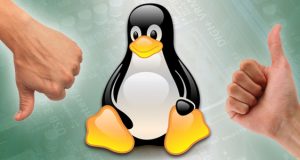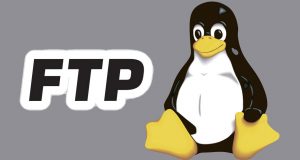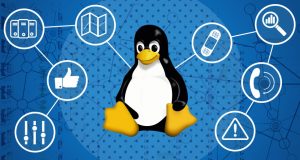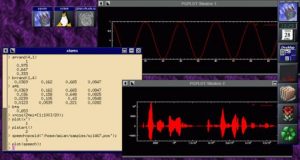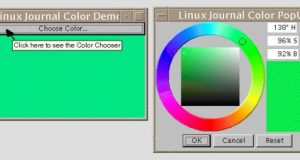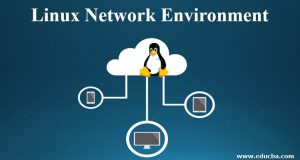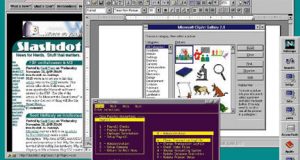Daniel Quinlan Issue #62, June 1999 “The nice thing about standards is that there are so many of them to choose from.” –Professor Andrew S. Tanebaum (author of MINIX). Despite their well-earned reputation as a source of confusion, standards are one of the enabling factors behind the success of Linux. If it were not for the adoption of the right ...
Read More »Yearly Archives: 2021
Linux Support – Cross-Platform E-mail
Best of Technical Support Various Issue #61, May 1999 Our experts answer your technical questions. TELNET Permissions How do you disable users from using TELNET to log in to a specific machine (i.e., server)? And is it possible to allow some users to TELNET to a specific machine and some not? —Ethan Bambock, ebambock@hotmail.com You can disable TELNET in the ...
Read More »Introduction to Multi-Threaded Programming
Brian Masney Issue #61, May 1999 A description of POSIX thread basics for C programmers. The purpose of this article is to provide a good foundation of the basics of threaded programming using POSIX threads and is not meant to be a complete source for thread programming. It assumes the reader has a good strong foundation in C programming. A ...
Read More »Linux makes a good DSP development system
Ian V. McLoughlin Issue #61, May 1999 Follow the development of speech algorithms for digital radios through the complete project life cycle. In this article, I describe a Linux success story based on researching and developing DSP (Digital Signal Processing) speech coding algorithms. I chose Linux over Windows for good reasons—reasons that may provide you with ammunition to persuade the ...
Read More »Java – a complete programming environment
Ian Darwin Issue #61, May 1999 Mr. Darwin takes a look at Java and describes the steps for writing a user interface in Java. If you looked at the earliest versions of Java and concluded that its GUI development toolkit wasn’t quite ready for prime time, it’s time to look again. The Java Foundation Classes (JFC) introduced with Java Version ...
Read More »CORBA Program Development, Part 1
J. Mark Shacklette Jeff Illian Issue #61, May 1999 The authors provide some basics to get the new CORBA programmer started. CORBA (Common Object Request Broker Architecture) is one of those acronyms for which most people have some “feel”, others have some interest, but very few have any real experience. This is the first article in a series of three ...
Read More »Perl scripting language
Marjorie Richardson Issue #61, May 1999 Discover a bit about Perl’s creator and what’s happening with Perl. I “talked” to Larry Wall, the creator of the Perl scripting language, by e-mail on March 1. Larry proved to be quite voluble, and I think you’ll find this interview fun as well as informative. ...
Read More »Linux Support – Upgrading an Old Kernel
Best of Technical Support Various Issue #60, April 1999 Our experts answer your technical questions. Accessing /dev/fd0 I successfully installed Red Hat v5.1 with X as the GUI. I have O’Reilly’s book Learning Linux, which is a good reference. The only problem I have is that I cannot access /dev/fd0. When I type this command in an xterm, a message ...
Read More »Network Administration with AWK
Juergen Kahrs Issue #60, April 1999 If you are looking for an easy way to access your network services, AWK scripting provides the means. What does the scripting language AWK have to do with networking? In the May 1996 LJ, Ian Gordon introduced us to AWK and demonstrated how to solve common problems with this scripting language that is part ...
Read More »Using Linux with Network Computers
Brian Vincent Issue #60, April 1999 A look at one man’s experiences setting up Linux as an application and boot server for Neoware network computers. For over three years, the computer industry has been touting the benefits of network computers, including higher reliability, lower cost of ownership and simpler administration. Yet despite this, few people have seen a network computer. ...
Read More » Linux, Linux OS, Free Linux Operating System, Linux India Linux, Linux OS,Free Linux Operating System,Linux India supports Linux users in India, Free Software on Linux OS, Linux India helps to growth Linux OS in India
Linux, Linux OS, Free Linux Operating System, Linux India Linux, Linux OS,Free Linux Operating System,Linux India supports Linux users in India, Free Software on Linux OS, Linux India helps to growth Linux OS in India
